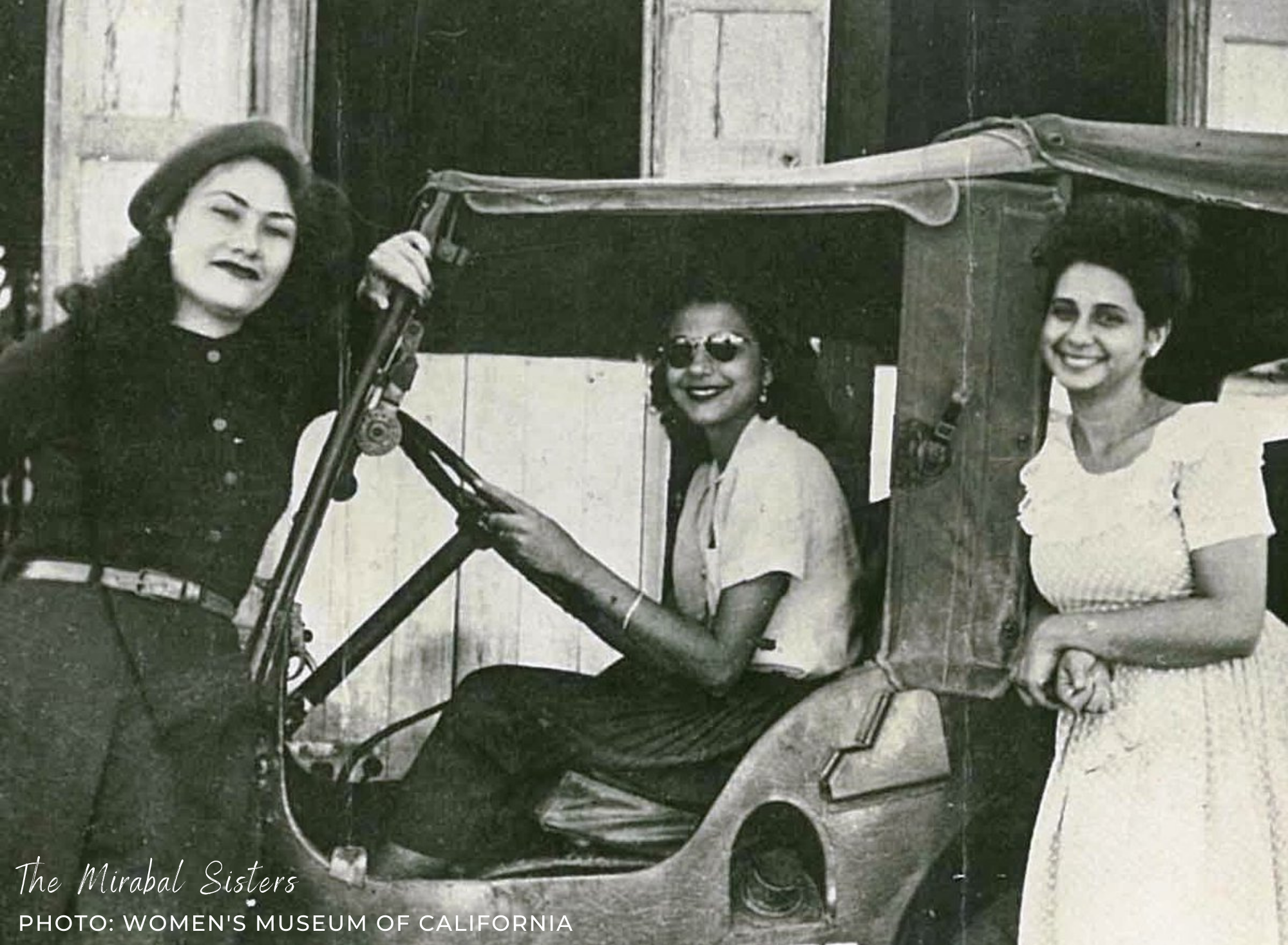This weekend I have enjoyed catching up on some reading- both fiction and non-fiction. While I love fiction as an escape and a channel for relaxation, I find non-fiction particularly informative for work.
I finished Leading With Dignity: How to Create a Culture That Brings Out the Best in People by Dr. Donna Hicks. I enjoyed the book and, in particular, found there to be a number of reminders that are as helpful for students as they are for adults.
I appreciated Dr. Hicks’ premise that each of us is responsible for our dignity and that, “one of the major misconceptions about dignity is that we think we gain our sense of worth from external sources.” This fallacy is ever more important to note these days as we raise and educate girls. I say that because I have perceived, over the last many years, an increased complexity to girls’ connections and relationships, particularly as they wind their way through adolescence. Our girls require even more reminders and strategies than students did in previous decades, in order to understand and grow their capacity to maintain their own dignity.
Adolescence has never been an easy stage in life. It is a time during which our girls experience both physical and emotional changes and, most important to them, seek their ‘place’ amongst their peers. Up until six or seven years ago, most teachers and parents were able to recognize the stage our girls were going through as a result of their own experience, and they could successfully support and coach the girls through adolescence, reminding them to focus on their self-worth or dignity. Adolescence included intense friendships and connections; it also involved intense disappointment when one was left out. We all knew that the ‘external sources’- being a part of a group and being included- were important to us, but, with time, support and confidence in who we were, we came out the other side.
Now things have changed. With the deluge of social media to which our girls are exposed, they are overwhelmed by opportunities to ‘see’ the external sources that so many rely on for self-worth. In fact, I believe that our girls rely on it to an unhealthy degree. This- entirely different to what we as current adults have experienced- has intensified an already complex developmental stage.
I believe, however, that the way in which we support our girls should not change.
As a result of ‘seeing’ a deluge of external sources, I can’t help thinking that there has been a shift in the approach adults are taking to support adolescent behaviour. Whereas in the past, we heard about issues of normal adolescent relationships and guided our girls around them, we are now seeing these same things and reacting by getting involved. This, I believe, is negatively affecting our girls’ ability to build their own strength and dignity. If we step in and engage as opposed to guiding and supporting, we are magnifying an already difficult time.
I do not, for one moment, suggest that nonengagement is easy, but I do think it is vitally important. Social media can be both an accelerator and a magnifier to an already complex developmental time. Limiting its access and educating our girls about its impact is key; however, supporting our girls, listening and hearing them during difficult times and always reminding them of their own dignity remains the most important support. Our girls’ development and resilience is at stake.
As Dr. Hicks writes, “If we mistakenly think our dignity comes only from external sources or from the way others treat us, we are giving up a tremendous amount of internal power- power that gives us resilience, enabling us to ward off assaults and stay firmly grounded in the truth of our worthiness.”

